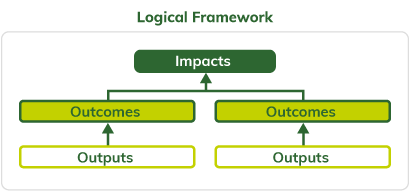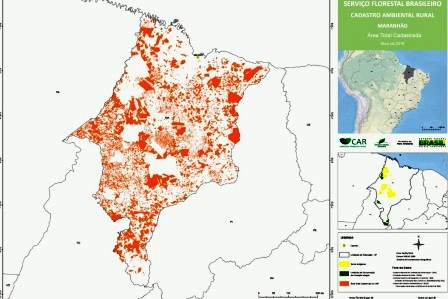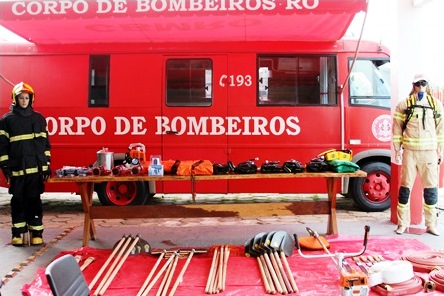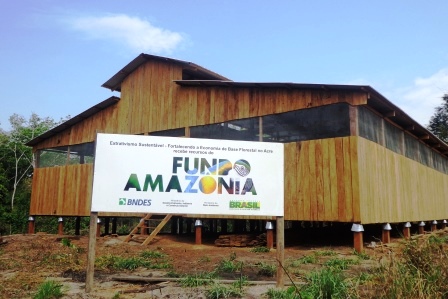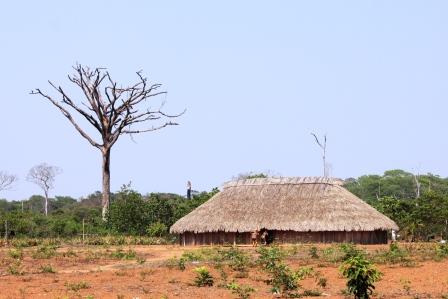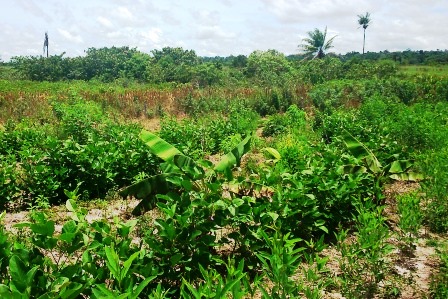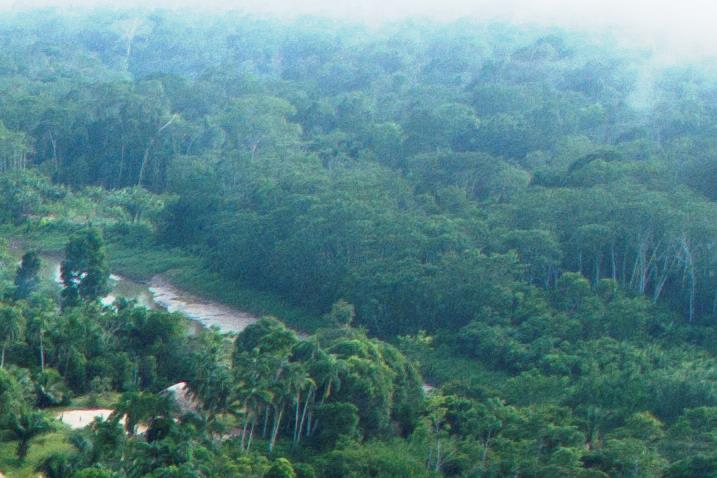CONTEXTUALIZATION
The area covered by the project is the Tapajós Region, which has part of its territory conserved and preserved, mainly due to the existence of conservation units and indigenous lands. However, it is necessary to reinforce the governance of these protected areas and sustainable production activities, since the illegal occupation of some forest areas leads to a dynamics characterized by land grabbing, deforestation of the remaining areas, burning and forest fires, illegal exploitation of timber, gold and other minerals and, therefore, loss of biodiversity and social impacts. In the regional economy, there is a predominance of primary sector activities, namely grain agriculture (soybean, rice, corn) and cattle breeding. The average HDI (0.57) of the municipalities is below the national average (0.75), with little basic sanitation and health care, low schooling and social, land and environmental conflicts.
In the Tapajós National Forest (FLONA Tapajós), sustainable community-based timber production is well organized and the Tapajós National Forest Mixed Cooperative - COOMFLONA, a commercial entity representative of FLONA communities, extracts wooden logs for commercialization, as well as using branches for the production of furniture. Since 2014, COOMFLONA has been certified by the Forest Stewardship Council (FSC) for international recognition of wood products resulting from environmentally sustainable forest management.
The Tapajós-Arapiuns Extractive Reserve was indicated by ICMBIO as a Protected Area (PA) with potential for the introduction of community timber management, considering the existence of local organizations mobilized to carry out this activity, some of which already have prior Authorizations to the Technical Analysis of Sustainable Forest Management Plan (APAT) approved by that body.
In all the PAs covered by the project, there is potential for the development of non-timber forest product chains such as rubbers, waxes, fibers, oils, foodstuffs, aromatic and medicinal products, resins and dyes. Most of these products are still handcrafted, with low quality, inadequate processing, informally and are marketed on a small scale.
The qualification of extractivists and community members who will benefit from the project is extremely low, since the vast majority do not have access to formal education and are not benefited by educational initiatives offered by other organizations. In consequence, they have little capacity for management of their representative and productive organizations and little knowledge of technologies for sustainable production and other actions related to the strengthening of wood and non-timber productive chains.
The National Forests Crepori, Trairão and Itaituba I, also included in the project, have management plans elaborated and approved, but outdated, with low execution. Their management councils are disaggregated, which requires actions focused on revising plans and strengthening these advisory bodies.
THE PROJECT
One of the outputs envisaged in the project is the strengthening of community-based timber production chains in Tapajós and Tapajós-Arapiuns RESEX. In Flona Tapajós, a processing unit will be erected, aiming at the production and commercialization of products with higher added value, in order to increase the revenue resulting from this activity and the incomes of the local population involved. The project also includes the replication of the community timber management experience for the Tapajós-Arapiuns RESEX, through the support to the production of the timber management plan and the acquisition of the necessary equipment for the beginning of this activity in that Reserve. In this way, the project will contribute to the expansion of an activity that has the potential to consolidate itself as a sustainable alternative to the extraction of illegal timber by generating income for the traditional populations. A business plan and a forecasting study of the demand for sustainably managed timber and training actions for community timber management and timber processing will also be carried out.
Another expected output is the strengthening of productive chains of non-timber products. This initiative will allow both the identification of business opportunities related to these productive chains and the selection, through a call-for-bids, of subprojects of community organizations, of investments aimed at improving processes and increasing the scale of production. This proposed output also includes a diagnosis of these value chains, an action plan with actions for the development of these chains, a forecasting study of demand for these products, and training actions on management techniques.
A third expected output focuses on improving managerial skills of community members and strengthening social organization. Training related to the management of small businesses will be offered, adapted to the characteristics of the target public. Training for the Itaituba I, Crepori and Trairão UC's management councils will also be upgraded, updating the management plans of these APs, aiming to effective management.
The project also includes the dissemination of its actions in different media (print, videos, social networks), events of exchange of experiences and expenses related to management.
INTERVENTION LOGIC
This project falls under the “sustainable production” (1) and "land-use planning" (3) component of the logical framework of the Amazon Fund.
Click on the following image to view its objectives tree, that is, how the project's outputs and linked to the expected outcomes and impact.
